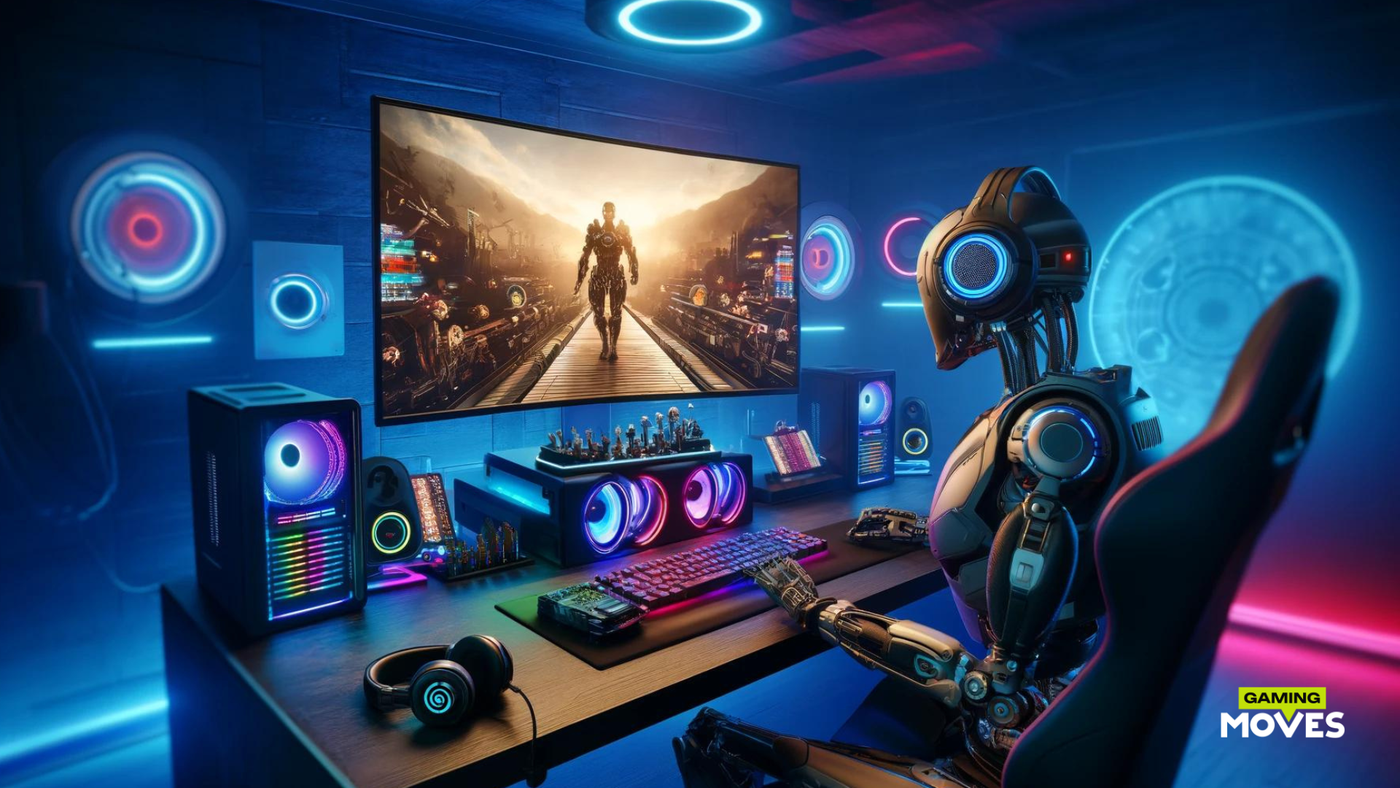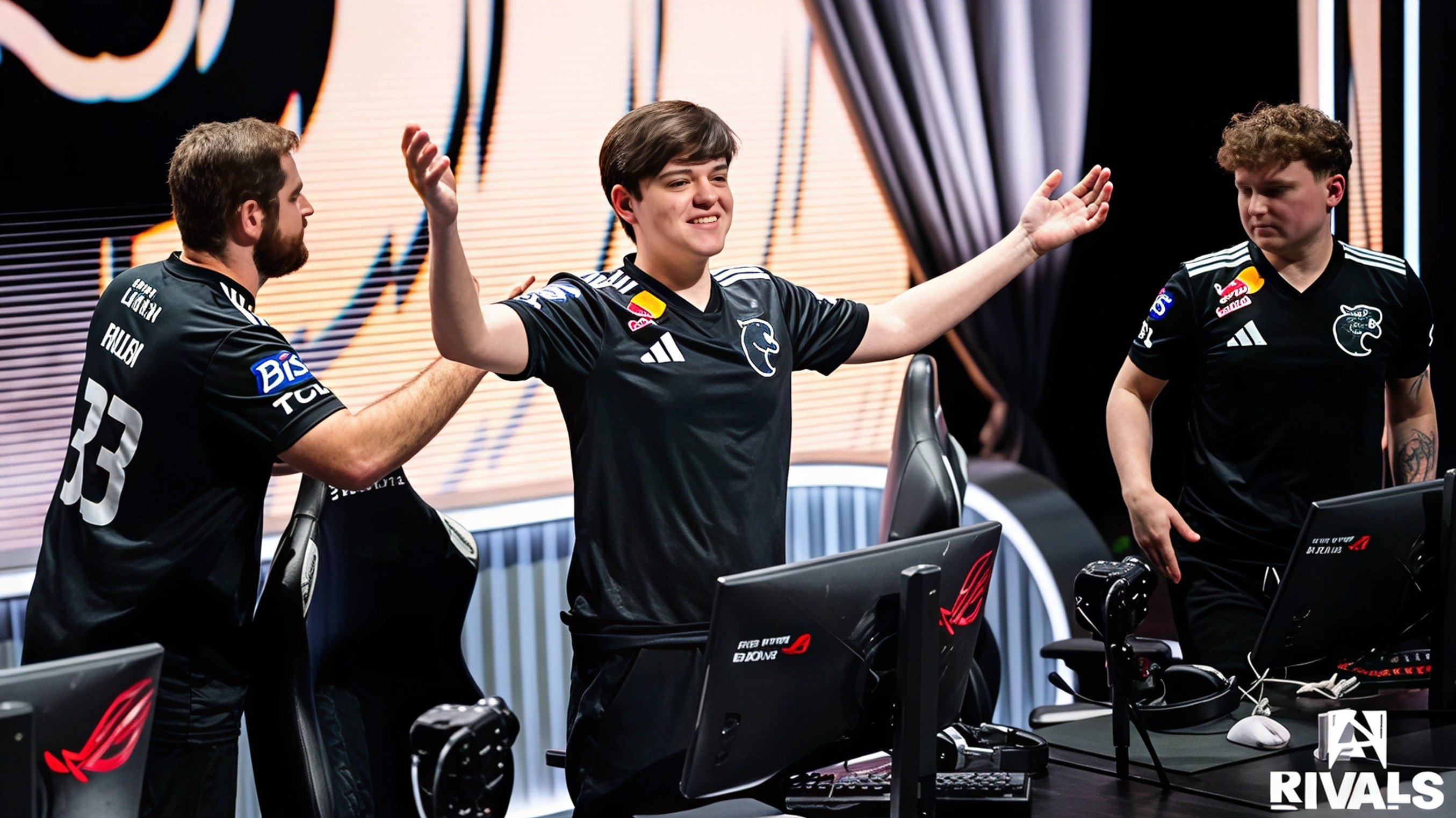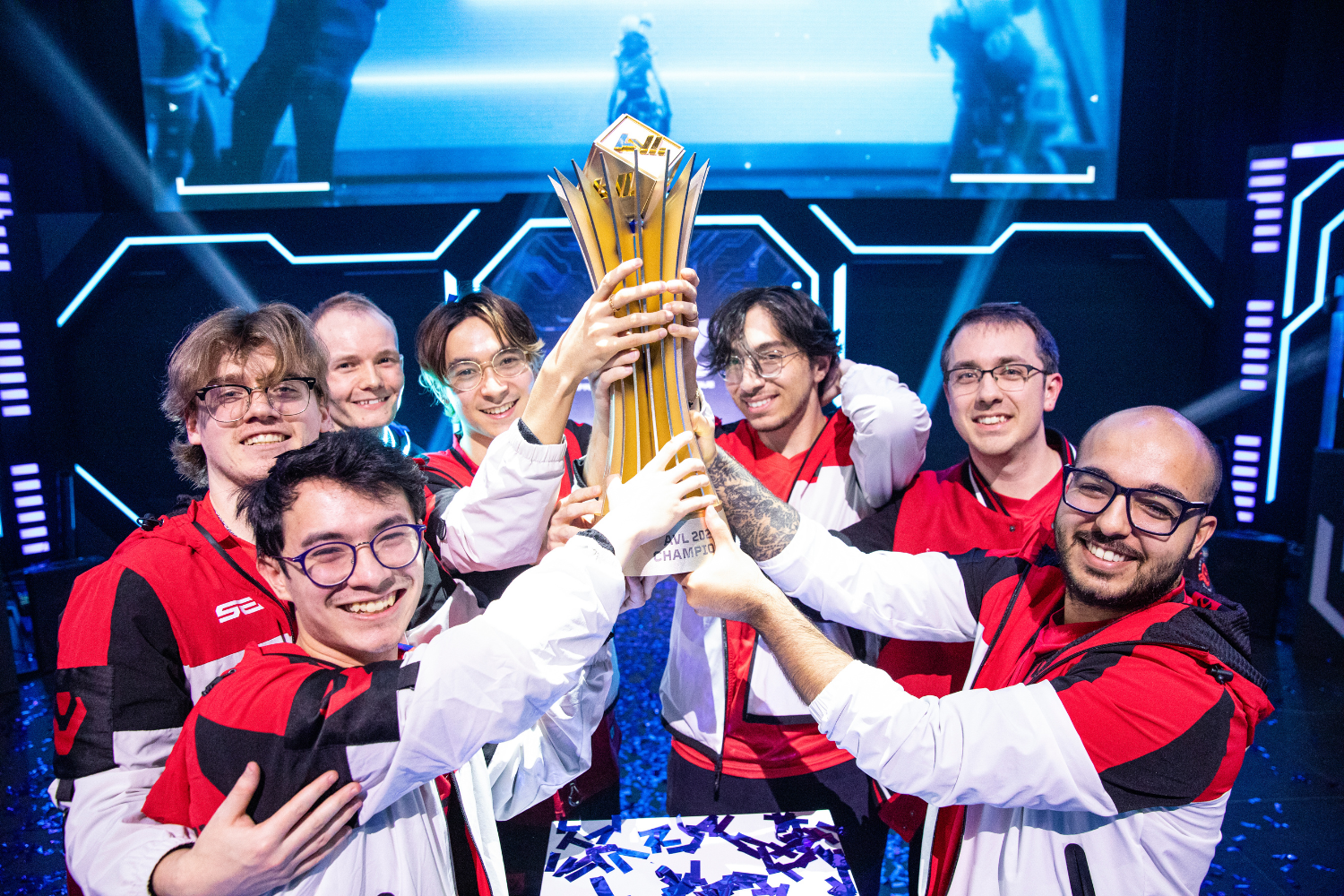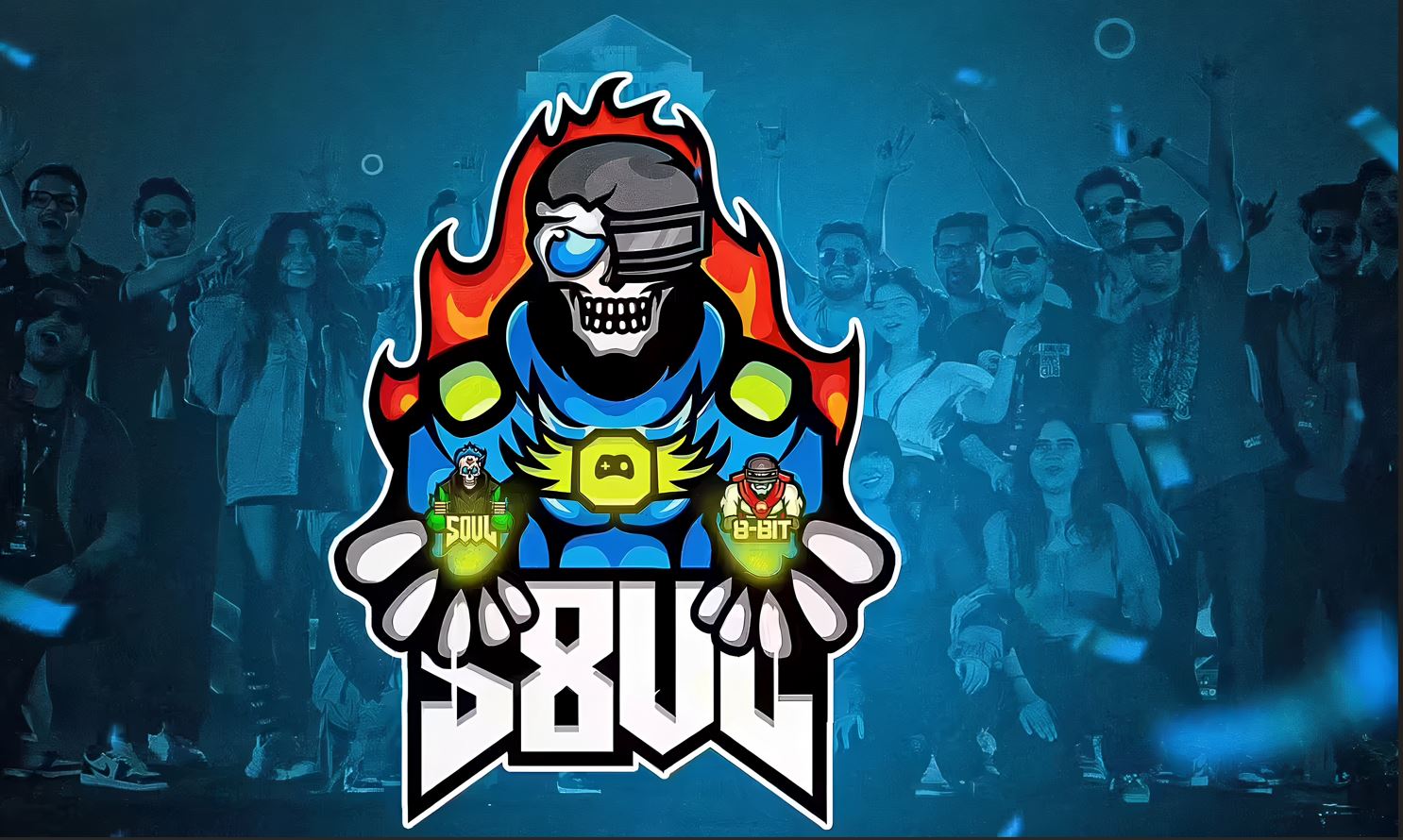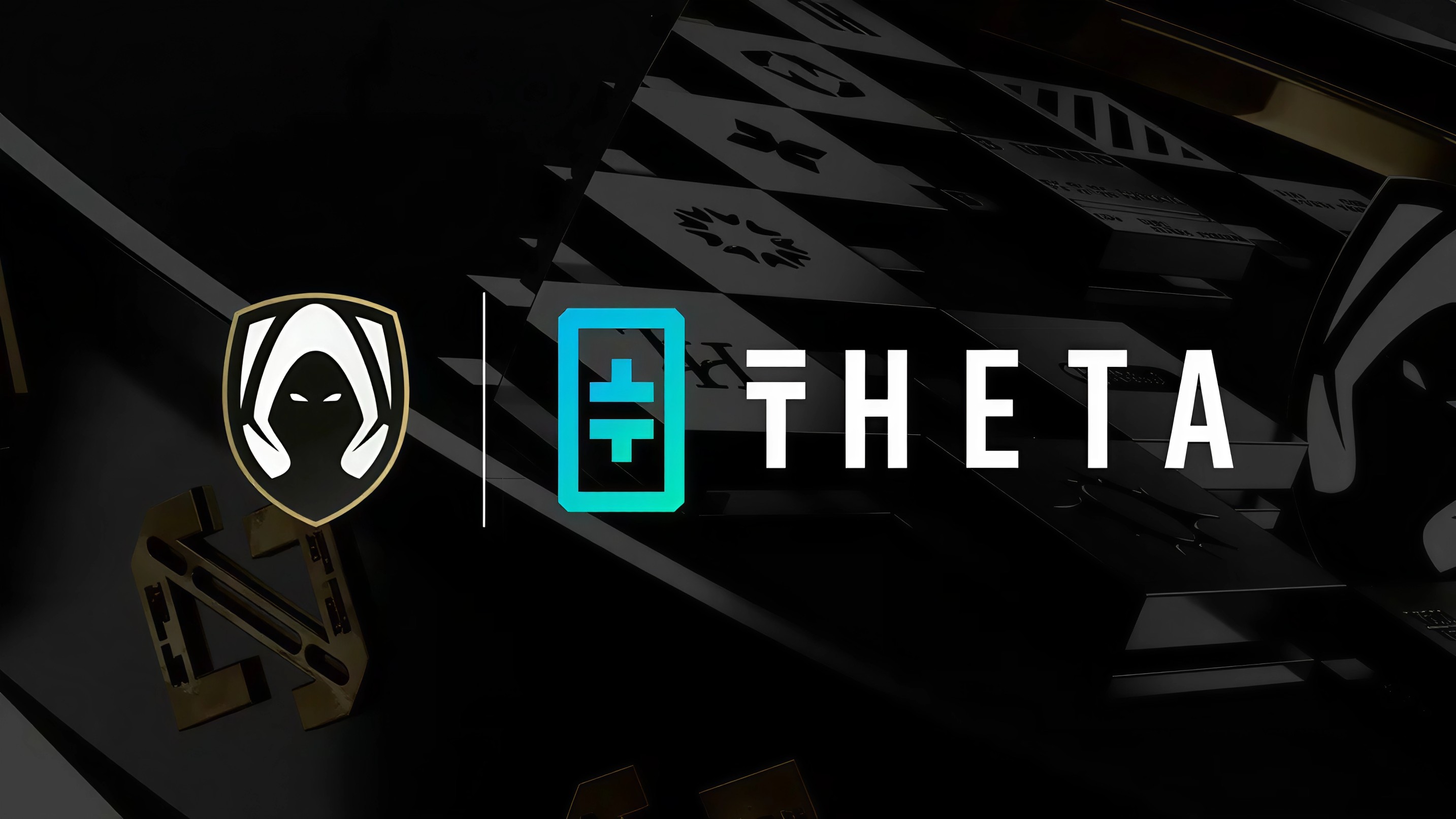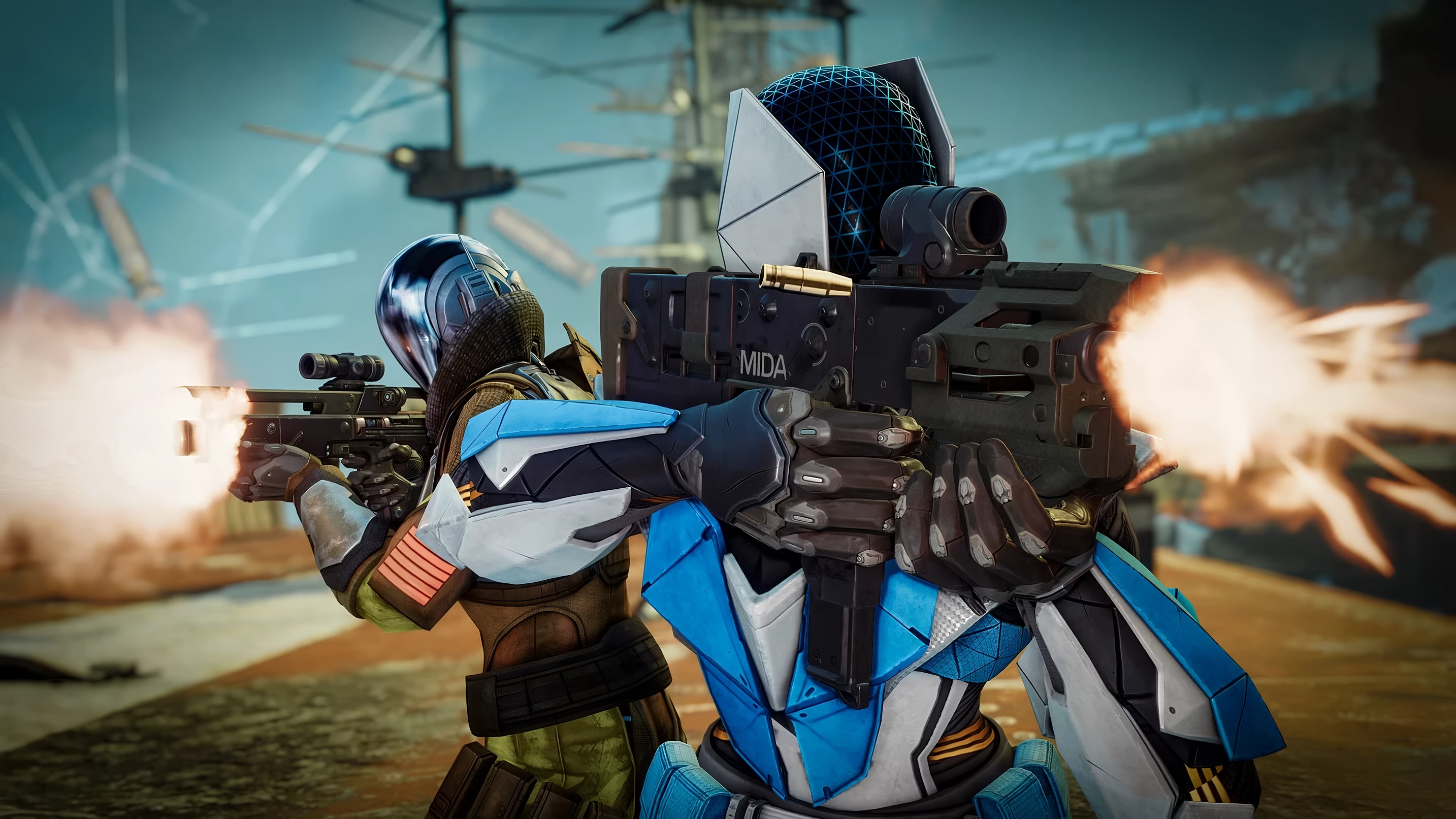Game Developers' Mixed Feelings on AI Integration
At the recent Game Developers Conference, the impact of generative AI on the video game industry was a major topic of discussion. While not as prominently featured as in other tech sectors, AI's role in gaming is growing, with developers expressing a range of emotions from excitement to concern about the technology's implications for the industry.
Generative AI at GDC 2024: Potential and Skepticism
Generative AI's presence at GDC 2024 highlighted its increasing importance. Big names like Nvidia and Ubisoft showcased their advancements, such as AI-driven nonplayer characters, although they stopped short of announcing significant integration plans. Meanwhile, Microsoft is exploring AI for game narrative enhancements in collaboration with Inworld AI. However, there remains a cautious approach to fully integrating AI, reflecting the industry's broader hesitancy towards new technologies like blockchain and NFTs, which have not yet proven their long-term viability.
Concerns Over AI in Gaming
Despite AI's potential to transform game development, there are significant concerns. For example, Laine Nooney, assistant professor at New York University, noted that while AI could potentially streamline operations and reduce reliance on human labor for tasks like quality assurance, this could lead to job reductions, especially in an industry already facing employment issues. The underlying fear is that AI might not only reshape but also destabilize the workforce dynamics in gaming.
Behind-the-Scenes Uses of Generative AI
At GDC, various talks focused on how generative AI is being used to assist rather than replace human developers. These applications range from generating game content like maps and character faces to automating repetitive tasks, thereby allowing creative teams more freedom to focus on design and storytelling aspects. Unity's developers, for example, discussed how AI can simplify the use of complex tools and enhance workflow efficiency.
The Ethical and Practical Limits of AI in Gaming
The conference also shed light on the limitations and ethical considerations of using generative AI in game development. Keywords Studios' experiment with Project AVA revealed that while AI can aid in the creative process, it cannot fully replace human intuition and oversight. The project underscored the necessity of human involvement in creative tasks, despite AI's ability to offer new tools and efficiencies.
Future Outlook: Generative AI's Role in Gaming
While generative AI holds promise for enhancing game development, its full potential and impact remain to be seen. As the technology evolves, it could lead to more dynamic game experiences and new forms of player interaction. However, the industry must navigate significant ethical, legal, and practical challenges to fully integrate AI in a way that enhances, rather than undermines, the creative and employment aspects of gaming.
Conclusion
The integration of generative AI into gaming is progressing, with both potential benefits and challenges. As the technology continues to develop, it will be crucial for the industry to carefully consider how it is implemented to support creative endeavors and maintain job security for professionals in the field.

